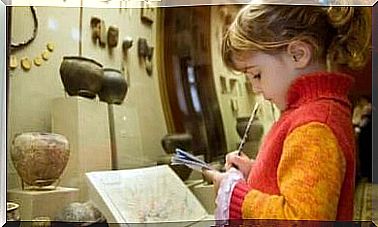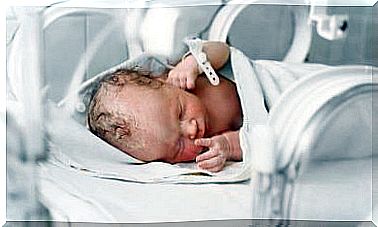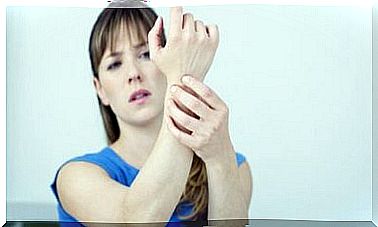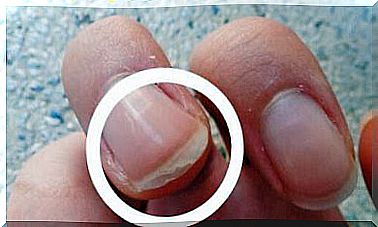Toxic Family: What Does It Mean For The Child?
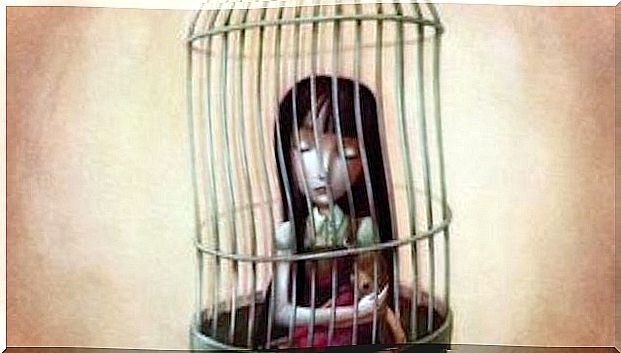
You may identify with many people who have had to endure living with a harmful family, as toxic families are more common than you might think. Sometimes a person may not even be aware that he or she is in such a family if he or she is completely inside the situation.
It is a complex matter and a type of toxicity that cannot be escaped – so it cannot be avoided. However, did you know that a toxic family can also cause mental health problems?
Next, we’ll take a closer look at that topic, so keep reading so you can better understand such family situations. What is a toxic family like, and what does it cause for children?
Toxic family and child mental health problems

Family is a very important thing. It is the place where children are raised and where they begin to acquire certain abilities to communicate with other people.
Therefore, it is very easy to conclude that too much toxicity in the family can create serious disorders in a person when there is no balance or healthy feelings available.
There are many types of families, but only destructive families with serious problems due to overprotection or other circumstances are able to negatively affect young children. This later causes children to have psychological disorders without being able to fully understand the causes of their problems themselves.
That is why we want to clarify some of the most interesting and real cause-and-effect relationships between toxic families and the mental health problems they cause. Let’s look at it in more detail below.
1. Pygmalion effect and its consequences in children
The pygmalion effect can be simply defined as: the roles that children take on as a result of parental influence. This means that everything that a parent wants or fears about their child is transformed by the child into their own reality.
That’s why every time you give your child an attribute, such as saying “You’re so lazy” or “You have a bad temper,” this can affect him or her in a serious way.
Families are not aware of how much they affect children. It is not understood that all attributes given to a child may become adopted by the child later in his or her life. In a way, then, this pollutes the child’s use.
2. Harmful love
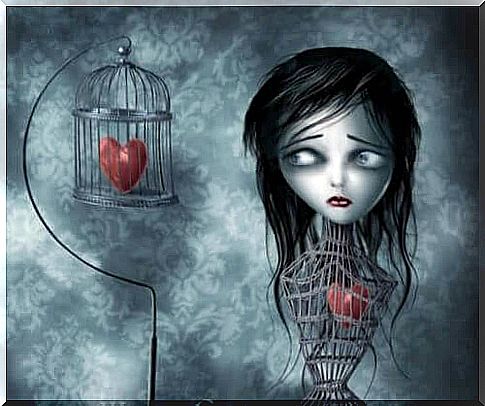
Many parents or family members say the following words to children: “No one can love you more than we do.” If this is taken literally, the child may feel that even though he feels well loved in his family, he does not deserve this more love.
A very big problem here is that it causes the child to remain silent in the most difficult situations, such as mental or other harm.
It is important to be aware that the love offered by the family can be unhealthy and should therefore be questioned. Families are not good just because they are families – sometimes they can be very toxic.
3. Overprotective parents
Excessive protection can cause the child, among other things, mental addiction. That’s when young children struggle with it, and this continues into adulthood. It is therefore important to maintain a balance and prevent the situation from becoming overprotected.
Do you want your own child insecure? Do you want your child to become a person who does not have self-confidence? This is what happens to overprotected children, and there are other serious mental problems that are not easy to fix.
Everything that happens in childhood affects a person.
4. Reflected desires and uncertainties of parents
How many times has it happened that a crisis in a couple means that the child is at the center of the situation? While you may not want to admit it, our own problems sometimes absorb so much of us adults that we ignore children in our homes, which really affects them.
Many families also release their own frustrations and insecurities towards the children, which puts a lot of pressure on them. Children should not experience this pressure! Children are not responsible for the problems that exist between adults.
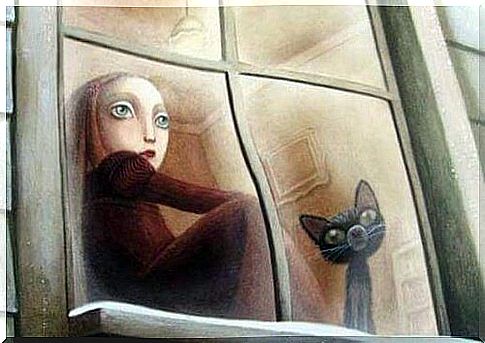
All of these situations can lead to depression, personality disorders, addiction, and many other psychoses in a child, which can become very complex and difficult in adulthood.
Have you had a toxic family? What problems did this cause you? We can’t choose our family, but at least we can choose to be aware of its problems as well as prevent history from happening to our own children.
So think a little more – your own problems are no more important than your children’s problems.

